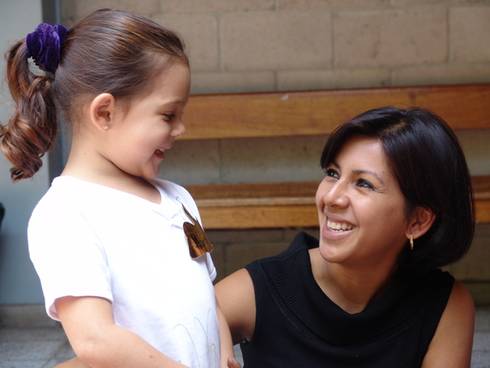It’s said that parents make the best teachers for their children, and parents naturally want to be the best teachers they could possibly be. As guides and partners in your children’s learning experience, you need to keep finding ways to not just help your kids to know, but to grow as individuals.
Just as professional teachers have to work continuously to improve their skills, homeschooling parents could also use a hint or two in the process of becoming better teachers.
1 Make learning fun by being creative.
You don’t have to be an artist to be creative in your teaching methods. Just finding alternatives to traditional textbooks, such as picture books, videos, games, and activities can make lessons more interesting. You can also go on field trips, which can be as simple as going outdoors or to the supermarket.
Applying subjects like math, science, and history to everyday life could be another way to make learning fun and relevant. Kids can learn a lot in these subjects just by answering questions like, “How much do we spend on groceries every week?” or “Why should we recycle?”
2 Figure out what works best for you.
There is no single best or correct way to homeschool—what works for one family may not necessarily work for yours. Some parent-teachers prefer a structured approach that sticks to a set curriculum. Others would rather create their own lesson plans and choose their own teaching materials. And there are some parent-teachers who go for a mix of scheduling and spontaneity.
3 Figure out what works best for your child.
Homeschooling is ideal for tailor-fitting a child’s studies to his learning style and specific needs. Parent-teachers whose child has a visual learning style, for instance, can focus on getting pictures or videos to help them explain lessons.
Adapting to a child’s learning style can also mean allowing him to pursue his interests. A parent whose child is interested in reading fantasy, for example, might be able to incorporate that interest into writing exercises and grammar lessons.
4 Move from smallest to biggest.
For siblings of varying ages, it might help to focus on the youngest child first. If he is a preschooler, giving him something to keep him occupied—such as toys or books that are only used during school time—might make it easier for you to focus on the older children afterwards.
Big brothers or sisters also might be able to teach their younger siblings. Older kids might likewise be able to study certain lessons by themselves. This can actually help older children to become more responsible and self-reliant.
5 Remember: You don’t have to teach everything by yourself.
Being your children’s main teacher doesn’t mean you have to know everything. Many homeschooling students and parent-teachers have used other teaching resources such as websites and professional tutors, especially for more difficult subjects like math and science. Homeschool students can likewise take enrichment classes after school or on the weekends and go on summer camps.
Becoming a better parent-teacher isn’t something that can be taught. Just like a professional teacher, developing one’s teaching skills can only come with time and experience. Just remember that everything you need to become a better parent-teacher is within reach, and that you’re not alone in helping your children become the best that they can be.
Photo credit: FreeImages.com/Heriberto Herrera
